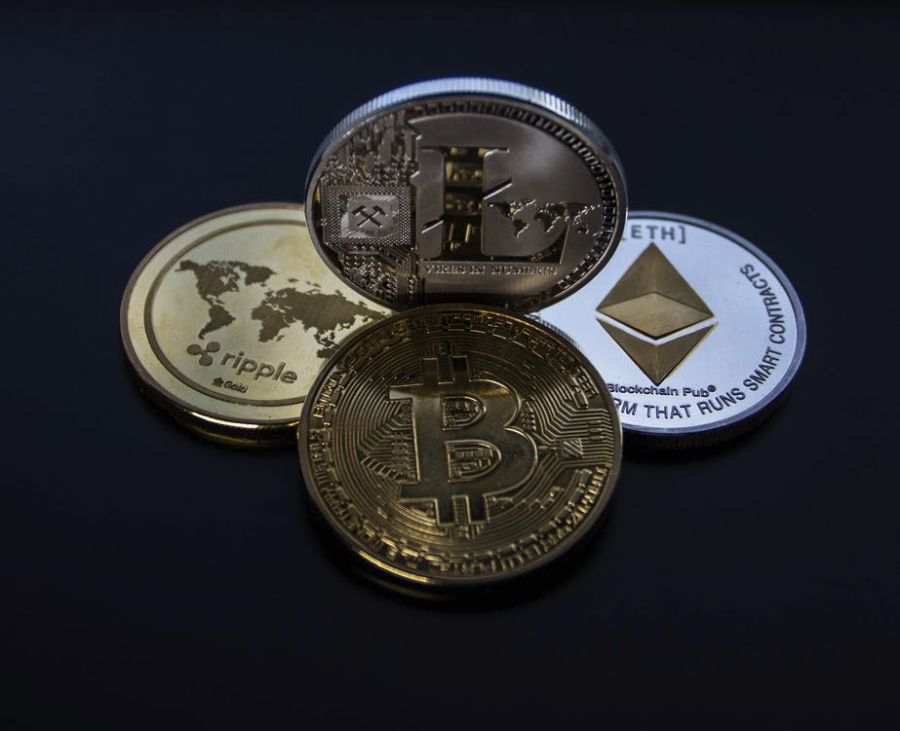Although some people are only just finding out about cryptocurrencies now, the likes of Bitcoin are already 10 years old. During the space of the last decade, there have been a number of bumps in the road for not only bitcoin, but for the wider cryptocurrency market also. This received a lot of negative feedback for the last 9 years and mostly this came from organizations that were threatened by it’s potential.
From 2008 to 2014: the Status of Cryptocurrencies
On the 18th of August 2008, the website domain www.bitcoin.org was registered online. This marked a real milestone and was followed up by the release of a whitepaper called ‘Bitcoin: A peer-to-peer Electronic Cash System’. It was in 2009 when the first ever Bitcoin transaction was completed, when the creator of the cryptocurrency (Satoshi Nakamoto) sent a computer programmer 10 Bitcoins. However, in 2010, Bitcoin was hacked, thus exposing the level of vulnerability that was still present with the early cryptocurrencies.
However, this did not slow down the growth of Bitcoin and later that year a monetary value was added to it for the first ever time. This saw a user swap 10,000 Bitcoins for two large takeaway pizzas. Now, that amount of Bitcoins would be worth around $70,000, making them very expensive pizzas! This growth led to the emergence of several other cryptocurrencies, including Swiftcoin, Namecoin, and Litecoin. It was at the same time as this that Bitcoin was being publicly criticized for its use on the ‘dark web’ on the black market website called ‘Silk Road’.
Because of this though, cryptocurrencies in general start to enter the mainstream consciousness and even feature in the hit TV show ‘The Good Wife’. With them becoming more and more popular, countries are forced to begin to act on them. This saw Thailand ban Bitcoin, China prohibit it from their financial institutions and markets, and Germany not accept it as a form of currency.
2015 – Present Day
It was in 2015 that the now well established cryptocurrencies Coinbase and Ethereum emerged. Coinbase was actually responsible for the biggest ever round of funding ($75 million) for a cryptocurrency. However, at a similar point in time, there was a security breach of Europe’s biggest bitcoin exchange at the time, Bitstamp, which caused some doubt amongst traders and investors, as to whether cryptocurrencies can ever be a secure means of making money.
Despite of this issue, cryptocurrencies did continue to become part of the mainstream, with the number of compatible ATMs significantly growing to 900. As a result of its growing popularity, Bitcoin became a legal form of payment in Japan in 2017 and Norway officially recognised it as a payment system and investment asset in the same year also. Governments across Europe began joining forces to develop and cooperate on regulations relating to cryptocurrencies.
The latest development saw Ripple launch an app alongside the bank Santander that allows for the transfer of money internationally.
The Future of Cryptocurrencies
With cryptocurrencies becoming increasingly mainstream, the future seems bright for many of them. If you are interested in purchasing some of these for yourself, visit https://swyftx.io/nz/ – “the Cryptocurrency Exchange that gives a ****”.
As what Ludwig Wittgenstein wrote, “For whenever we test anything, we are already presupposing something that is not tested.” This means if someone says the price of bitcoin is too much, he presumes that Bitcoin has a great value.
Another argument that is rising today is that there are no real assets in cryptocurrencies because it does not have anything in return. Not like real estate where you can have something from it. People who purchase Bitcoin are actually selling it.
They also assume that since there are people hoarding the coins there will be no use since it can’t be used as a medium of exchange. This only takes place when people think that if they will keep the bitcoins it will have a greater value in the future.
TakeAway
There might be still some people that are not aware of cryptocurrencies and still in a phase of infancy and early development. Though you can find a great potential in it if you start learning how it works. This might be the easiest and faster way to facilitate online payment and have more advantages than the current systems.

